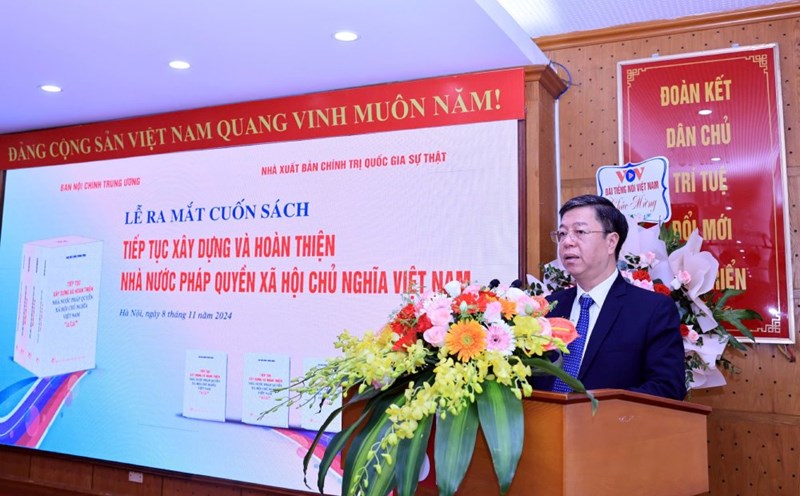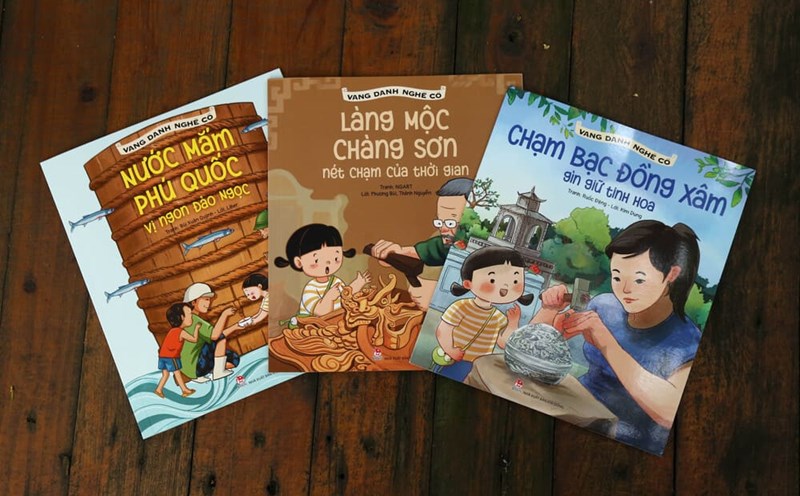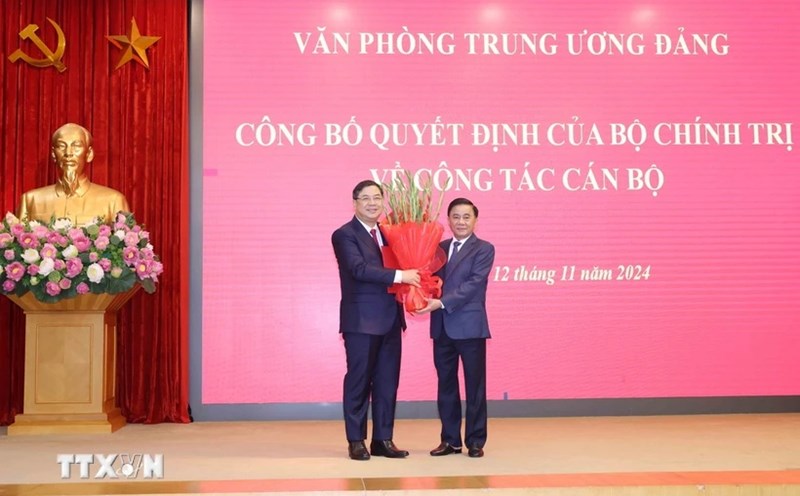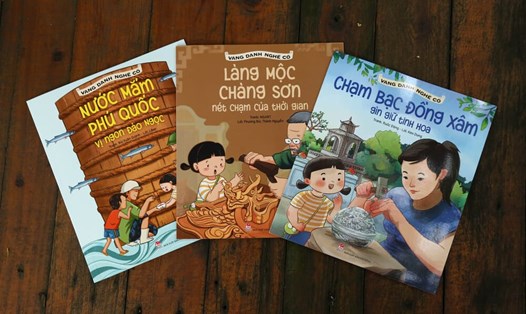"The Weeping Winter Wind" by Hoang Le Thuy has 10 short stories. It seems that the greatest duty of the highland women in Hoang Le Thuy's stories is to get married and have children. They have no other choice, nor do they know any other way of life; they cannot have complete happiness in marriage. All tragedies arise from that...
The women in the collection of stories "The Winter Wind Weeps" are always passive in love and marriage, because of the inherent concepts and customs in their community. The more passive they are, the more they want to follow their deepest instincts.
Telling stories about highland women with difficult fates, Hoang Le Thuy uses a beautiful writing style, with many evocative and suggestive words, and often uses the technique of describing scenery to imply feelings. Her writing style both brings to life the wild and mysterious mountainous landscape, and penetrates deeply into the characters' inner psyches and permeates the reader's heart.
Commenting on Hoang Le Thuy's collection of stories, writer Doan Huu Nam said: "The good passages are like cool breezes that gently soothe the frustrations, leading readers deep into the story until the end, the good - bad, right - wrong, positive - negative stories... are gently lifted, penetrating deeply into each character."
The short story collection "The Winter Wind Sobs" helps readers understand more about the lives of people in the highlands, especially the spiritual lives of women, to sympathize, share, and also kindle hope for a better future for them. A future where people have choices, no longer bound by concepts or bad customs.
Writer Doan Huu Nam commented on the work: “This is a collection of short stories about the daily life of ethnic minorities in the mountains with a very solid, methodical writing style, going into many new, mysterious, and convincing details. Convincing in the rustic literature, in the honest, thorough storytelling, with many vivid details, expressing deep psychology. Convincing in the introduction of customs and practices, using customs and practices to highlight the circumstances, personalities, and psychology of the characters. Convincing because most of the subjects and characters described in the pages of the book have tragic fates, even being driven to the end of the road, but always maintaining a kind, benevolent, and humane nature.”
Writer Hoang Le Thuy was born in 1969 in Thanh Hoa, currently working at the Traditional Medicine Hospital of Son La province. She is a member of the Son La Provincial Literature and Arts Association and a member of the Vietnam Association of Literature and Arts of Ethnic Minorities.










